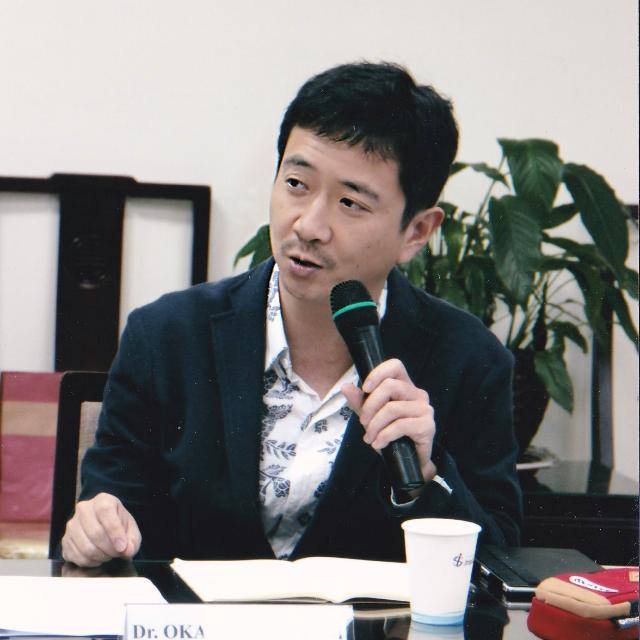論文
ROLES REPORT No.20 Masaaki OKAMOTO "Mushrooming Smart Cities in ASEAN Countries and the Risk of Unhealthy Multi-actor Competition"
The smart city concept is now emerging as a panacea for various urban issues in both developed and developing countries, and ASEAN cities are no exception. The region has enjoyed continuous economic growth, and urbanization in ASEAN has not been limited to national capitals and their surroundings, such as the metropolitan areas of Bangkok, Manila, and Jakarta, but has spread across ASEAN countries. With the growing number of small- and medium-sized cities, half of the total population in ASEAN is now living in urban areas (see Figure 1 below). ASEAN metropolitan areas are facing severe and diverse urban issues such as heavy traffic jams, mountains of trash, air pollution, floods, ground subsidence, high crime rates, and widespread drug consumption. The deepening and spatial expansion of urbanization has caused these issues to spread to other areas in these countries. As a result, urban governance has emerged as one of the most pressing and urgent issues to address across the region. In this context, the “smart city” idea has emerged as a technologically rational solution to these issues, and rapid digital transformation (DX) has fostered the feasibility of smart city creation in Southeast Asia.
(論文の全文はダウンロードページからご覧になれます)
(論文の全文はダウンロードページからご覧になれます)
同じカテゴリの刊行物
論文
2026.02.09 (月)
論文
2026.01.29 (木)
論文
2026.01.23 (金)

